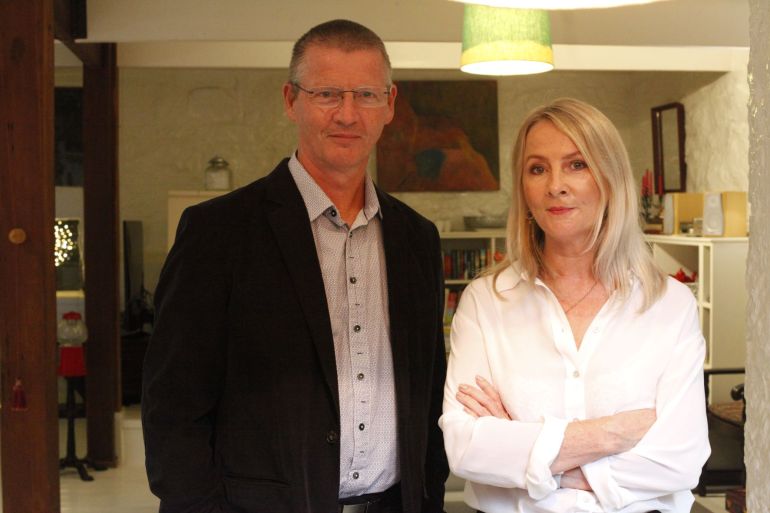In 2014, Karen Dewey was staring at an index card on a whiteboard when she had an idea.
At that point, the then Nine head of reality and factual had spent nearly 15 years in television, and came to the realisation that it was time for some elements to change.
“I thought, ‘Wouldn’t it be easy if you just digitised that card so it could go all the way through your systems, from development through to production and post-production?’, she said.
“All the information and knowledge could travel with that card.”
Seven years later and Dewey is CEO of Lumi.Media, a company that offers a cloud-based program designed to centralise the production, casting, and crewing of television projects.
The Lumi online hub has so far been adopted by Endemol Shine Australia’s Survivor and Eureka Productions’ Luxe Listings Sydney, as well as ITV UK’s Love Island.
Dewey has been joined in the company’s journey by her brother Neil, Lumi.Media’s COO and head of design.
After coming up with the concept, the “not very techy” executive producer enlisted the help of her sibling – an experienced software architect – to help bring it to life.
“When I first mentioned it to Neil, I don’t think I had any idea of what I was asking for,” she said.
“People often ask how we did this together and it’s just this sort of meeting of two siblings of very different skills and very different brains.”
Neil said the project offered him the chance to apply his skills in a new environment.
“When Karen first came to me with the idea, I had spent more than 25 years in the intelligence and policing arena where we deal with the who what where and why, but in a very different way to how she was dealing with it,” he said.
“That’s why it caught my attention; all of sudden, I had everybody trying to deal with information but they’re creatives, so they talk about it in a different way. The last thing they wanted us to was to structure them down a certain path – they need to be able to wander and move and find storylines.
“That idea seriously appealed to me and we couldn’t find anything else out there that did it.”
The development of the software received a boost in 2016 in the form of Enterprise funding from Screen Australia.
At the time Dewey was working as an EP at CJZ, where the first iteration of the software would be used.
The sibling duo soon began to work full-time on building Lumi’s reach, hiring team members, and working with “partner customers” in the Australian industry.

Dewey said her industry knowledge had proved to be a key point of difference among users.
“We had to build a very unstructured piece of software, so customers could bend it to their needs,” she said.
“When people see Lumi for the first time, they usually say they can tell it was built by producers instead of a software company.
She said casting outreach had been among the first areas to use Lumi.
“Some programs receive up 10,000 applicants to apply, so they already knew they needed software,” she said.
“They were the first to really embrace the technology and once those people are digitised, it becomes a case of, ‘Wow, look what you can do!’.”
The need for digital solutions in the industry has increased significantly across the past 18 months with the pandemic and the rise in hybrid forms of working.
Neil said while the startup initially took a hit along with the rest of the sector, they were now experiencing a “silver lining” as more teams were pivoting to conduct business from home.
“If you’re not digitised and you’re used to working in an office, you are in trouble,” he said.
“It’s all about change of processes this a digitisation process that can help you and still get your job done while working from a table with your kids running around underneath your feet.”


